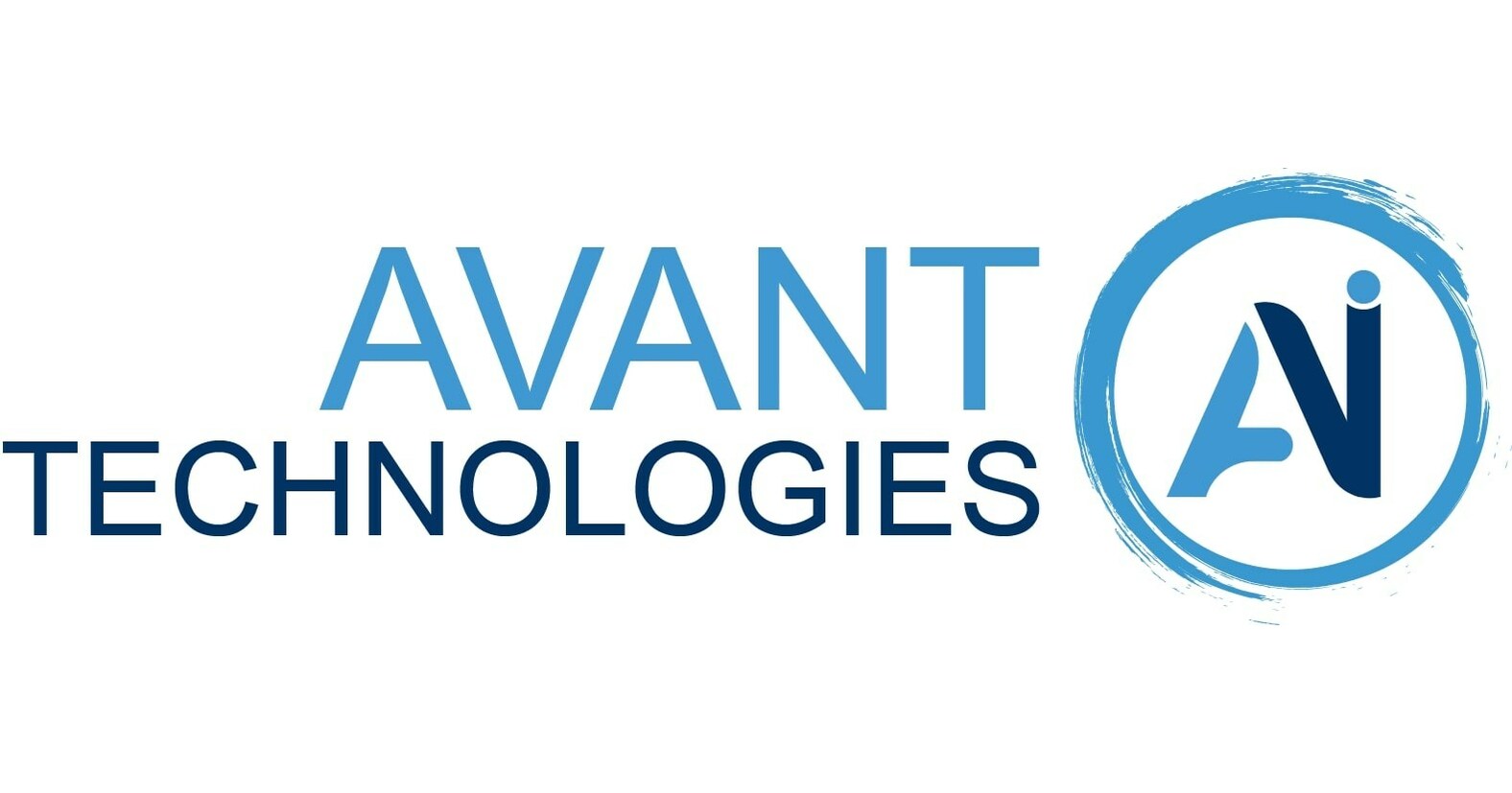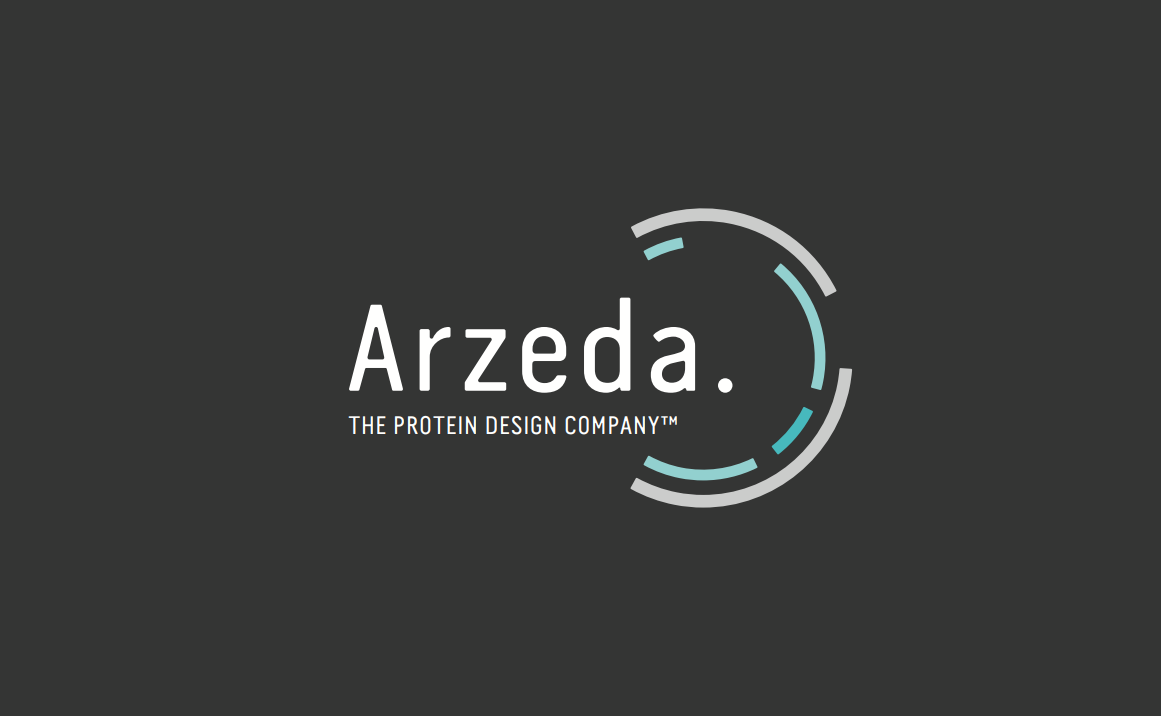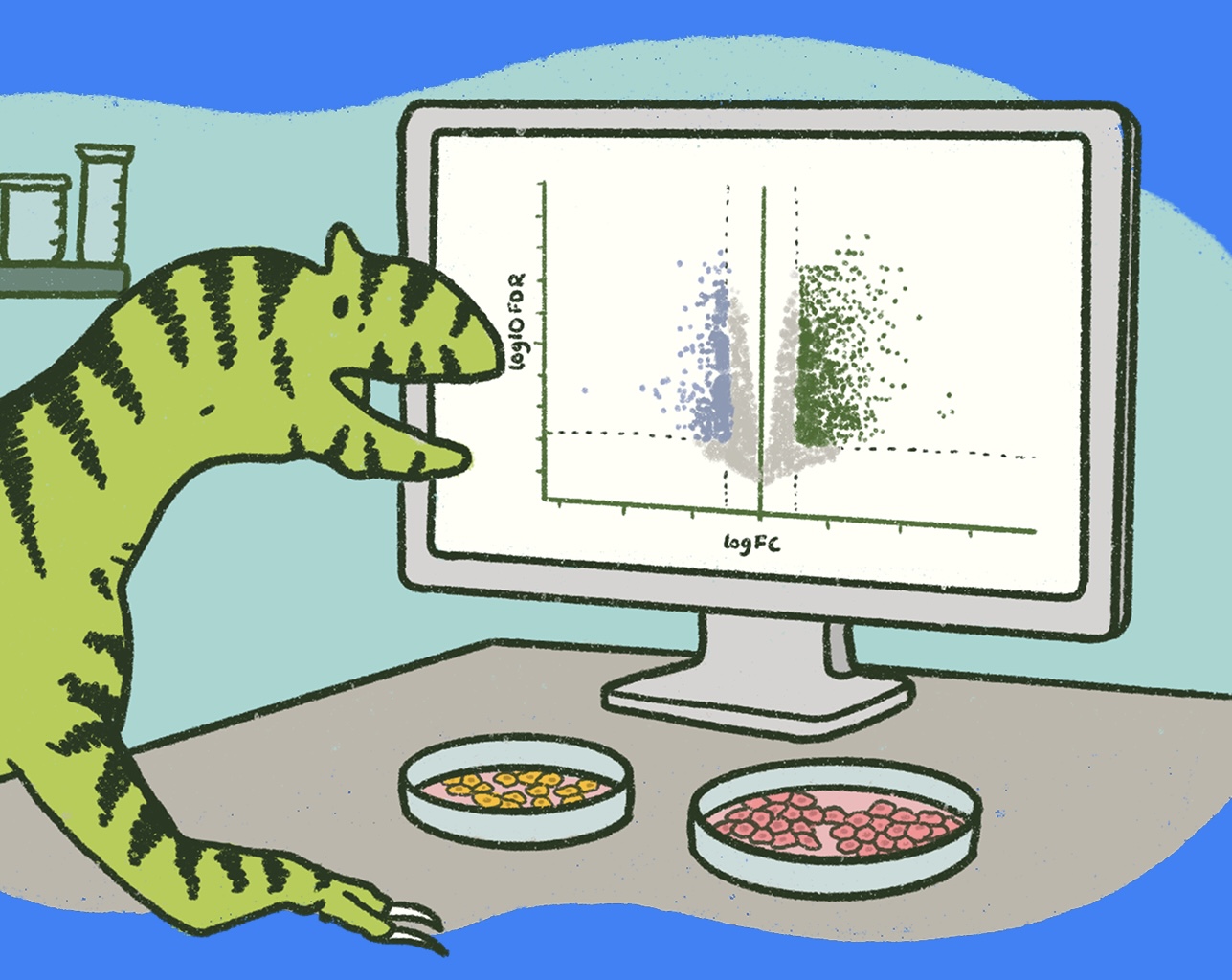
Synthetic biology companies raised over $650 million in Q1, setting the pace for another record-breaking year
Synthetic biology companies raised over $650 million in Q1, setting the pace for another record-breaking year
In 2017, synthetic biology companies raised a record amount of funding - just over $1.8 billion for fifty two companies - driven mostly by several multi-hundred million dollar deals. This was a 50% increase over the previous year, a pace of growth that indicated an intense interest in the field from outside investors. It seems that this interest has only intensified since then, as 27 companies raised $650 million in funding during the first quarter of 2018, which is double the activity of the first quarter of 2017. At this rate, the field is on track to raise over $2.4 billion with over 100 companies being funded, which would be a record for both statistics.

The companies raising money in 2018 are pursuing a broadly diverse set of applications from all sections of the synthetic biology technology stack. Many companies are developing products that will eventually end up in the hands (or bodies) of everyday consumers, but others are making the tools and reagents that will empower the whole field to become more productive. It is important that all of these types of companies exist in order to build a healthy industry ecosystem.

At the bottom of the stack are companies that produce the raw material used by synthetic biology companies: DNA. Evonetix, a Cambridge-based company developing new methods for scalable and high-fidelity gene synthesis, raised a $12.3 million Series A round. Twist Bioscience, a leader in the gene synthesis field, also just announced that they raised another $50 million to advance information storage and drug discovery technologies. Though the cost of DNA sequencing has fallen dramatically in recent years, the cost of DNA synthesis hasn’t kept up, which limits how many designs new companies are able to test. New technology will hopefully lower the cost of synthesis, expanding who has access to synthetic biology technologies.

Next in the stack are companies that develop computational tools that simplify the design and construction of biological systems. In this category, Atomwise and Engine Biosciences raised $45 million and $10 million, respectively, of venture funding. Both companies are applying artificial intelligence to drug discovery, highlighting what computational tools can do to facilitate the engineering of biological systems. As a complement to this set of companies are the ones that are building automation systems that allow researchers to test with high throughput the many hundreds or thousands of systems they designed using the aforementioned computational tools. In this group is the laboratory robotics company Opentrons, who raised a $10 million seed round at the end of March. In addition, their founder Will Canine, will be speaking at SynBioBeta 2018 about their new liquid handling robot, which is available for only $4,000.Moving up the synthetic biology technology stack, we find the organism engineering platforms, which accelerate the development of novel organisms through a combination of automation, machine learning, and in-house expertise. Inscripta, formerly Muse Bio, raised $55 million in order to commercialize their suite of genome-editing tools. They recently released a CRISPR enzyme (MAD7) that is available to researchers without up-front licensing fees or “reach-through royalties” in order to make the engineering of novel organisms more broadly available.At the top of the stack are companies that are using synthetic biology to make the lives of everyday people better. These companies span a broad range of applications, which are all receiving interest from investors. On the medical side, Prokarium, who makes thermostable vaccines and will be presenting at SynBioBeta 2018, raised $10 million from private investors while Synlogic raised almost $60 million in their IPO to advance living medicines into the clinic. The largest funding round this quarter was due to Bolt Threads, who raised $123 million to bring their spider silk technology to the fashion industry. And in the food market, Perfect Day and Wild Earth both raised money in order to develop cultured animal product replacements. It is apparent from the companies raising money that synthetic biology has a broad range of applications.Every quarter it seems like the field of synthetic biology couldn’t grow faster, yet every quarter it manages to do so. It is an exciting time to be working in the field, as entrepreneurs pursue an ever-widening set of applications. Ultimately, synthetic biology is developing into a self-sustaining ecosystem that is delivering immense value to customers, and it is likely to continue to exhibit impressive growth in the future.Thank you to Marianna Limas for additional research and reporting in this article.Register now for SynBioBeta 2018: The Global Synthetic Biology Summit - San Francisco, October 1–3. Early bird registration ends April 6th.



.svg)










-min.png)
.gif)